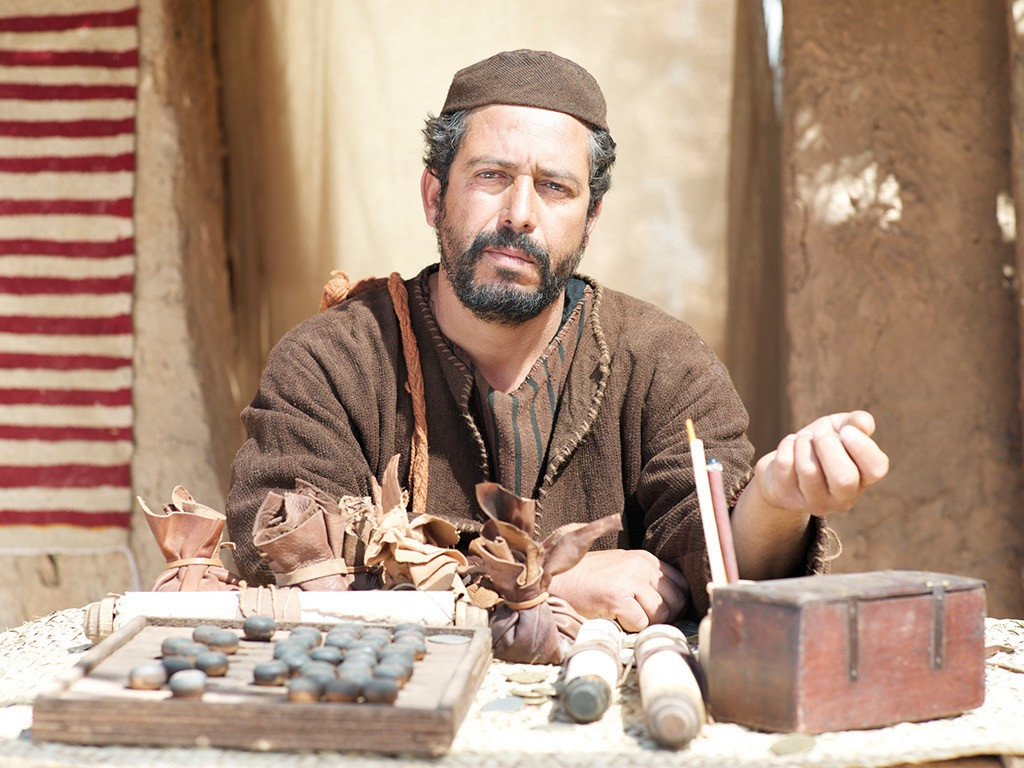
Rivers and creeks are a vital part of the landscape, bringing a source of fresh water to places downstream. They provide an environment for fish, reptiles, insects and plants to thrive and provide water for animals, birds and people to drink. They can also be places of great beauty and peace.
In the book of Ezekiel, the prophet has a vision of a river that starts under the altar of the Temple and flows east out of Jerusalem and down towards the Dead Sea. This river brings life wherever it flows, even to the Dead Sea. It swarms with fish and its banks are lined with fruit trees whose fruit is for eating and whose leaves are for healing. This river is closely associated with the presence of God, which brings life to both humans and the natural world.
When we think of the rivers and creeks near to where we live, I wonder if we pause to see the many forms of life they bring to the environment. And I wonder about God’s river, flowing where it will in the world, bringing life and healing in a different way.




:format():fill())




